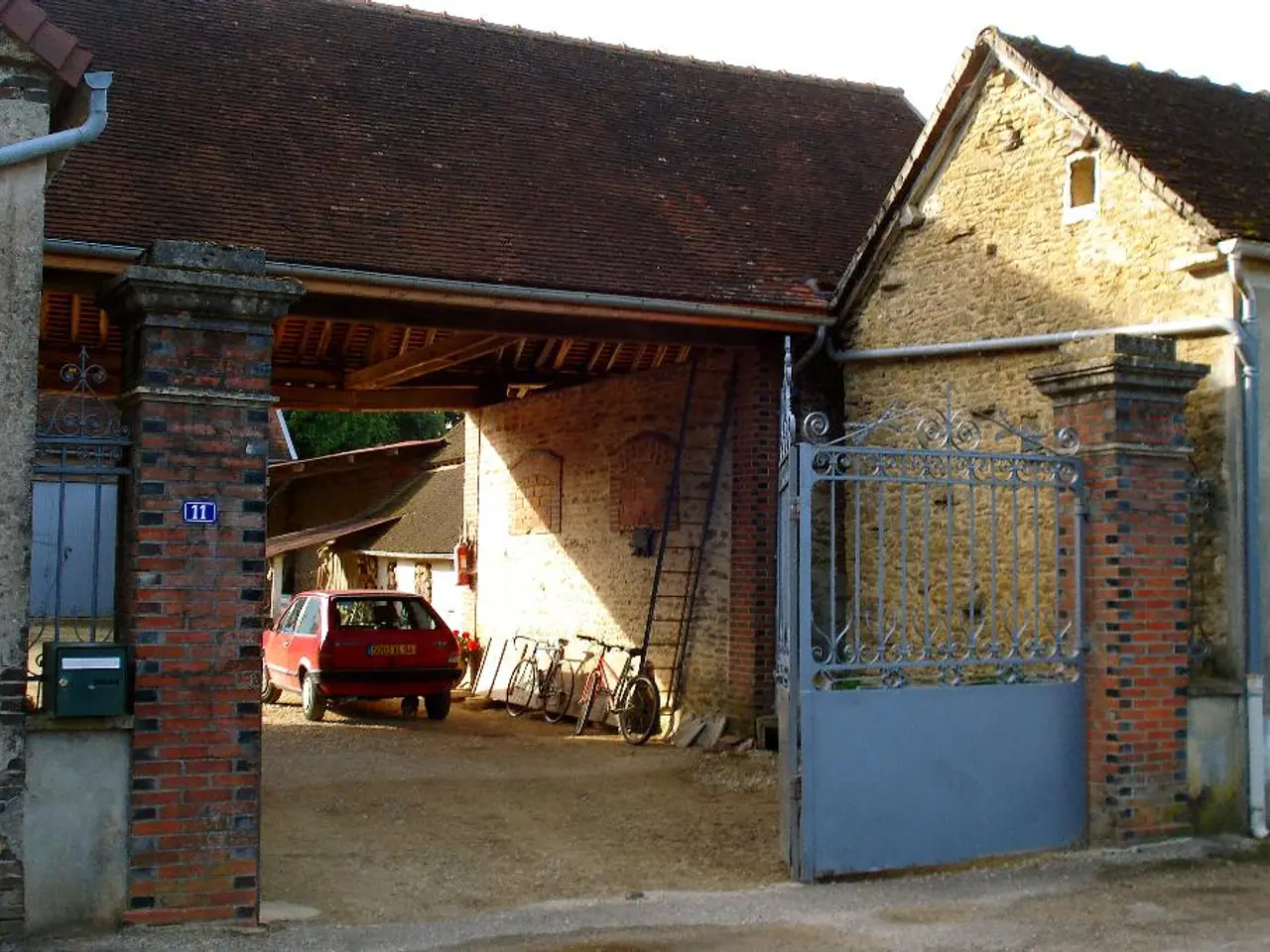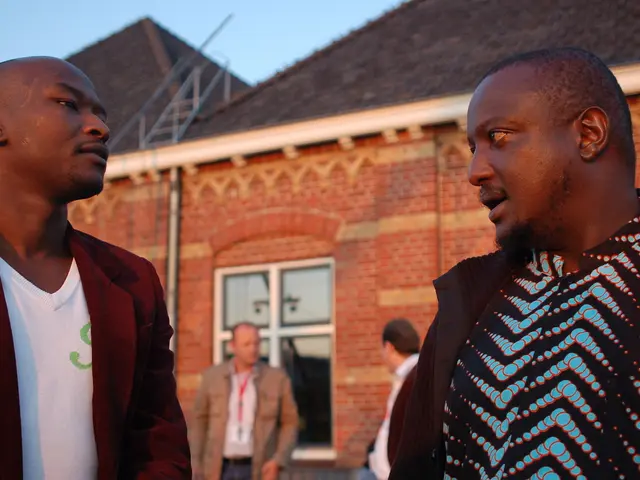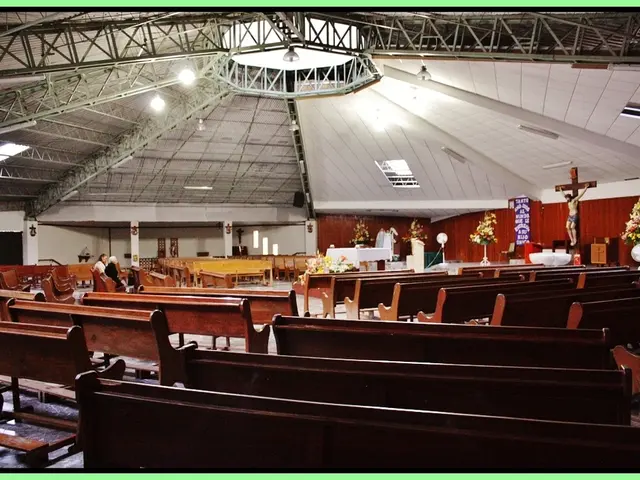Hydrogen-Helium Separation Facility Opens in Australia with $16 Million Investment by Carbon280
In a groundbreaking development, Australian technology company Carbon280 has unveiled its Hydrilyte pilot plant in Kwinana near Perth. This new facility, based on the company's proprietary Hydrilyte technology, promises to revolutionise the hydrogen transportation sector, making it safer, more efficient, and economically viable.
The Hydrilyte technology separates hydrogen from helium, a major bottleneck in the hydrogen supply chain. By storing and transporting hydrogen as a safe, low-cost liquid instead of a highly flammable gas, Carbon280 aims to simplify and speed the implementation of hydrogen projects globally.
The successful outcome at the Carbon280 pilot plant could validate its technology at an industrial scale, potentially improving project economics for existing hydrogen users. This development could accelerate hydrogen adoption in sectors like green iron, synthetic aviation fuels, and methanol.
The pilot plant's success is not just significant for Carbon280 but also for the broader Australian hydrogen sector. An independent review by Sproule ERCE, a global expert firm, has pointed to multiple wells encountering both hydrogen and helium at Whitebark Energy's Rickerscote Prospect in South Australia. The company, alongside Whitebark Energy, has been investigating the hydrogen and helium deposits at the site.
The AU$10.6 million seed round that funded the 100 kW TRL 6 prototype facility saw Woodside Energy leading the investment, with additional support from Hive Energy and a Singaporean family office. This investment not only supports the development of the Hydrilyte technology but also de-risks hydrogen investments by leveraging existing infrastructure.
Hydrilyte can be handled with existing fuels infrastructure, including pipelines, tankers, and ships, making it a practical solution for the hydrogen industry. Mark Rheinlander, Founder & CEO of Carbon280, stated that this solution could potentially validate the technology at an industrial scale and improve project economics for existing hydrogen users.
The launch of the Hydrilyte pilot plant is a pivotal step towards de-risking hydrogen investments in Australia and accelerating the growth of the hydrogen sector. Carbon280 expects to receive further AU$5.5 million in R&D rebates from the Australian Government, further supporting the company's efforts in this field.
This development marks a significant milestone in the journey towards a more sustainable future, where hydrogen plays a crucial role. The potential of hydrogen and helium at sites like Whitebark Energy's Rickerscote Prospect in South Australia could pave the way for a greener future, powered by clean, efficient, and safe hydrogen.
Read also:
- Accident at Rodalben Results in Injuries; Geoskop Area near Kusel Affected After Stormy Weather
- Prolonged combat for Gaza City forewarned by Israeli military forces
- Differences between Algae Turf Scrubbers and Refugiums in the setup for a natural reef aquarium filtration system
- Action on climate change necessitates alleviating debt burdens








